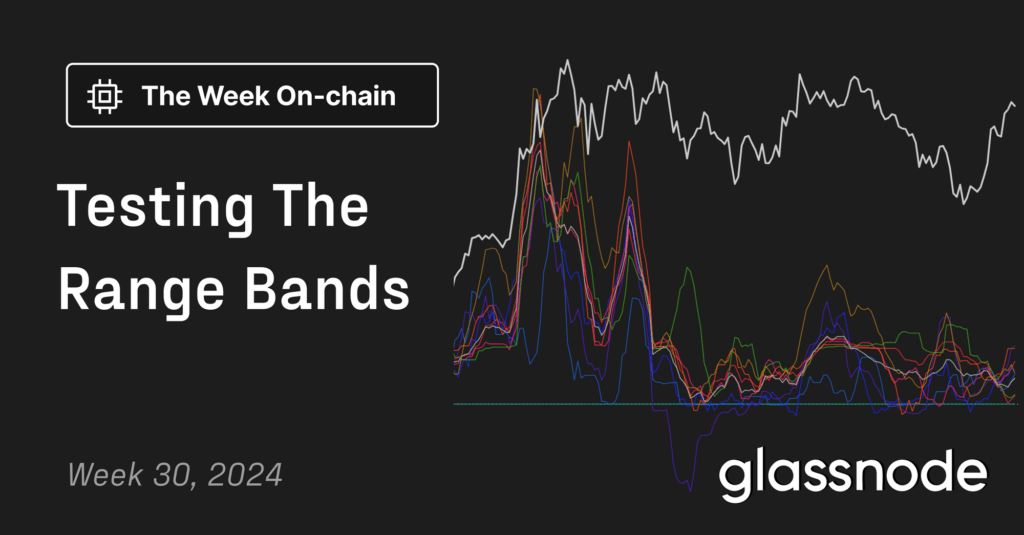Podcast Summary
This podcast delves into the complex issue of cryptocurrency and its potential use in terrorist financing. The discussion, led by host Yaya Fanusie, features experts who dissect a Wall Street Journal article that linked crypto wallets to terrorist financing. The conversation explores the challenges of tracking illicit financing, the potential use of crypto by terrorist groups, and the need for robust compliance and cooperation between jurisdictions. The podcast also discusses the implications of recent government actions and proposed legislation on the crypto industry.
Key Takeaways
Understanding Crypto’s Role in Terrorist Financing
- Interpreting the Numbers: The podcast emphasizes the importance of accurate facts and numbers when discussing potential terrorist financing. The figures mentioned in the Wall Street Journal article raised doubts within the crypto space, as previous research on crypto crowdfunding for terrorist financing showed it to be a risky endeavor.
- Wallet Analysis: The analysis of wallets associated with terrorist organizations reveals that they often function more like service providers than individually controlled wallets. Chainalysis, a blockchain analysis company, focuses on assessing wallets based on their total volumes and the movement of funds within them.
- Legal Implications: The podcast discusses the legal implications of any funding in an account touching terrorist financing, highlighting the potential for seizure and forfeiture. The Israeli government’s actions involved seizing assets and seeking forfeiture on wallets belonging to Hamas and potential financial facilitators.
Challenges in Tracking Illicit Financing
- Difficulty in Determining Exact Amounts: The podcast highlights the difficulty of accurately determining the exact amount of funds belonging to terrorists versus their counterparts. The lack of a clear overall number for the amount of crypto received by terrorist entities in the Middle East is mentioned, but blockchain analytics companies and online investigators are working on the issue.
- Importance of Context and Clarification: The guests stress the need for specificity and caution when discussing numbers related to terrorist financing, as certainty is crucial for a scientific argument. The importance of context and clarification when discussing funding numbers is emphasized, as the figures alone can be misleading.
Government Actions and Proposed Legislation
- Sanctions and Charges: The government has implemented heavy-handed measures to cut off crypto, including sanctioning the Tornado cash smart contracts, charging developers for money laundering and sanctions violations, and arresting one of them.
- Proposed Bill: Elizabeth Warren’s proposed bill, the Digital Asset Anti-Money Laundering Act, is viewed as extreme by the industry, as it would require entities in crypto to register as financial institutions.
- Need for International Collaboration: The podcast emphasizes the need for international collaboration and leaning into public-private partnerships to address illicit finance in crypto.
Sentiment Analysis
- Bullish: The podcast expresses a bullish sentiment towards the potential of blockchain technology and cryptocurrency. The guests highlight the importance of industry collaboration and the establishment of certification bodies or independent bodies to certify protocols and standards in DeFi. They also discuss the potential incentives for DeFi projects to align with standards and gain consumer trust.
- Bearish: A bearish sentiment is expressed towards the potential misuse of cryptocurrency for illicit activities, particularly terrorist financing. The podcast also expresses concern about the heavy-handed measures implemented by the government to cut off crypto, including sanctions and arrests.
- Neutral: The podcast maintains a neutral stance on the proposed Digital Asset Anti-Money Laundering Act, viewing it as extreme but acknowledging the need for regulation in the crypto space. The podcast also emphasizes the need for more focus on combating illicit finance in the crypto industry and the importance of public-private information sharing.











